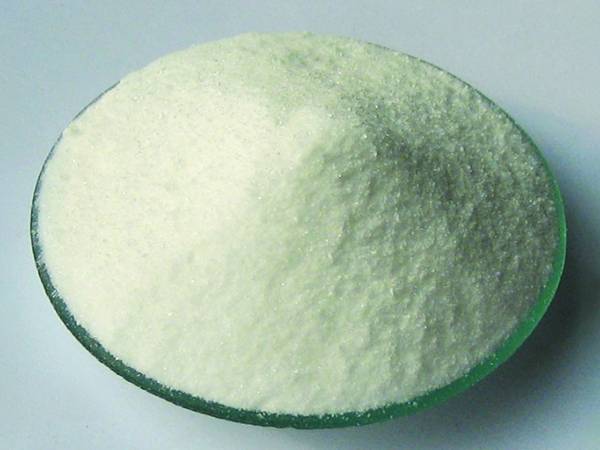



mono potassium phosphate fertilizer uses
The Uses of Mono Potassium Phosphate Fertilizer
Mono Potassium Phosphate (MKP), with the chemical formula KH2PO4, is a soluble fertilizer that provides plants with essential nutrients, particularly potassium and phosphorus. These two elements play a crucial role in plant growth and development, making MKP a popular choice among growers in various agricultural sectors. In this article, we will explore the many uses and benefits of mono potassium phosphate fertilizer.
Nutrient Supply
One of the primary uses of MKP is its role as a nutrient supply for crops. Potassium is vital for several physiological processes, including water regulation, enzyme activation, and photosynthesis. It helps improve the overall vigor of plants, enhances fruit quality, and increases resistance to diseases and environmental stresses. Phosphorus, on the other hand, is essential for energy transfer, root development, and flowering. It promotes strong root systems, which are critical for nutrient uptake and overall plant health. Therefore, using MKP can lead to robust plant growth and higher yields.
Foliar Applications
MKP is particularly effective for foliar applications due to its high solubility. When applied directly to the leaves, it allows for faster absorption of nutrients, leading to quick results. This method is especially advantageous during critical growth stages, such as flowering and fruiting, where plants require an immediate boost of nutrients. Foliar spraying can also help correct nutrient deficiencies that may arise from soil imbalances, ensuring that plants receive the nutrients they need for optimal development.
Hydroponics and Soilless Cultivation
The use of MKP is prevalent in hydroponic and soilless cultivation systems. Since these systems rely on nutrient solutions rather than traditional soil, MKP provides a convenient and effective way to deliver essential nutrients directly to the plant roots. In hydroponic setups, the precise control over nutrient concentrations is crucial for maximizing plant growth and ensuring high-quality produce. MKP’s solubility makes it an ideal choice for creating balanced nutrient solutions that cater to specific crop requirements.
mono potassium phosphate fertilizer uses

Fertigation
Fertigation, the practice of applying fertilizers through irrigation systems, is another area where MKP shines. This method enables farmers to provide their crops with both water and nutrients simultaneously, optimizing resource use and reducing labor costs. MKP can be integrated into fertigation systems easily due to its solubility, providing crops with a steady supply of potassium and phosphorus. This approach helps improve the efficiency of nutrient uptake and promotes healthier plant growth.
Enhanced Blooming and Fruit Development
MKP is especially favored in horticulture for its effects on flowering and fruiting. The high phosphorus content supports the development of flowers and fruit, leading to larger yields and improved quality. Growers often apply MKP during the flowering phase to encourage robust blooms and better fruit set. By enhancing flower and fruit development, MKP contributes to increased harvests, which is crucial for commercial growers aiming for profitability.
Soil Health and Microbial Activity
Beyond providing essential nutrients, MKP can also impact soil health positively. The phosphorus in MKP supports beneficial microbial activity in the soil, which helps break down organic matter and release nutrients. Healthy microbial populations contribute to improved soil structure, aeration, and water retention, creating a favorable environment for plant growth. Additionally, MKP's role in promoting root development leads to better soil stabilization, reducing erosion risks.
Conclusion
Mono Potassium Phosphate fertilizer serves multiple purposes in modern agriculture and horticulture. From enhancing nutrient uptake using foliar applications to supporting soil health and promoting healthy plant growth, MKP proves to be a versatile and valuable fertilizer. Its ability to dissolve easily in water makes it an excellent choice for various cultivation methods, including hydroponics and fertigation. As the demand for high-quality produce increases, incorporating MKP in nutrient management strategies could significantly contribute to better crop yields and healthier plants. Whether you are a commercial grower or a home gardener, understanding the benefits and applications of MKP can lead to more successful planting endeavors.
-
Why Sodium Persulfate Is Everywhere NowNewsJul.07,2025
-
Why Polyacrylamide Is in High DemandNewsJul.07,2025
-
Understanding Paint Chemicals and Their ApplicationsNewsJul.07,2025
-
Smart Use Of Mining ChemicalsNewsJul.07,2025
-
Practical Uses of Potassium MonopersulfateNewsJul.07,2025
-
Agrochemicals In Real FarmingNewsJul.07,2025
-
Sodium Chlorite Hot UsesNewsJul.01,2025










